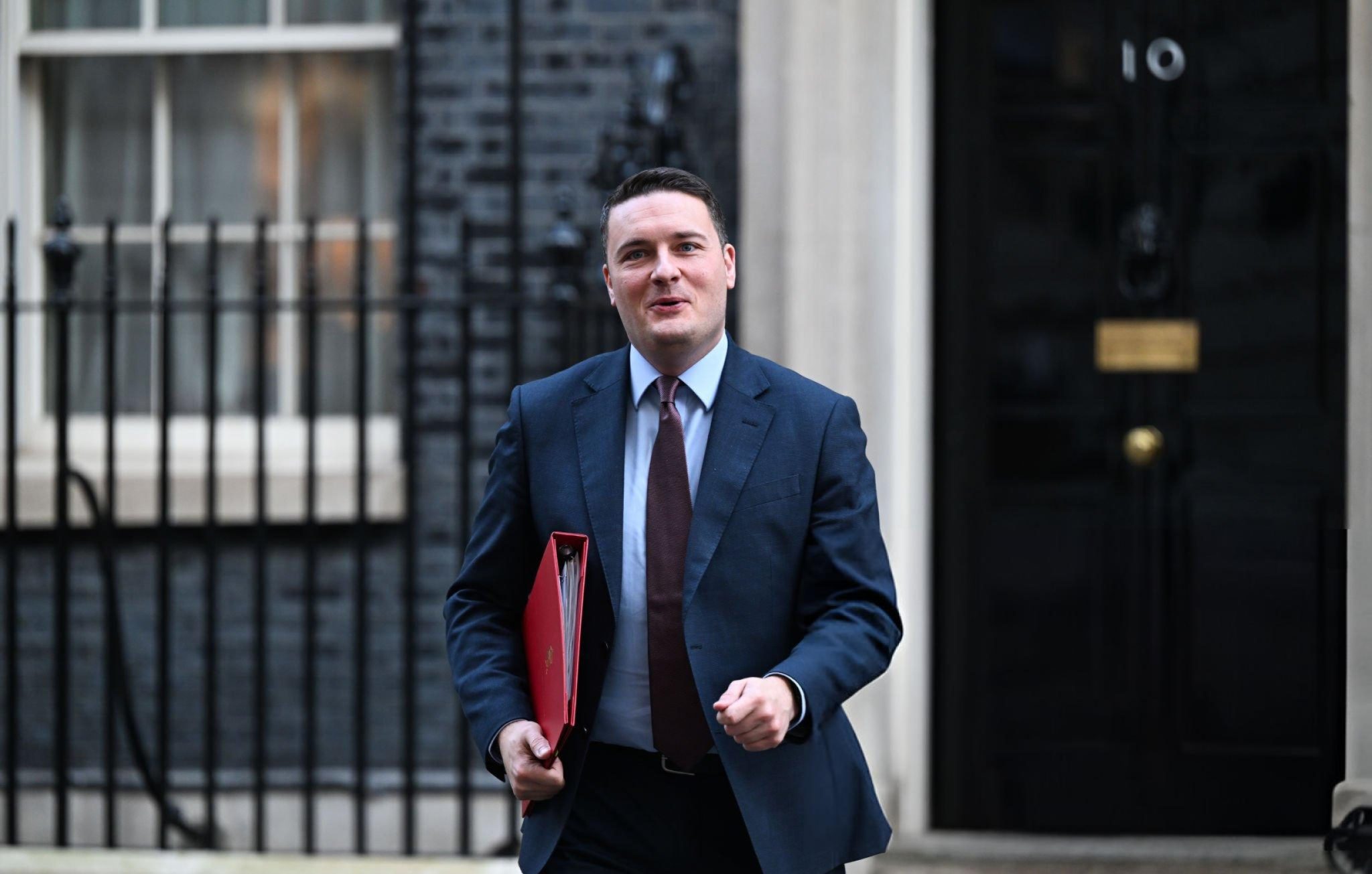Health Secretary vows to make reporting of violent incidents mandatory as part of new measures to protect NHS workers
Health Secretary Wes Streeting has drawn a sharp line under growing levels of aggression faced by NHS staff, declaring that while access to the National Health Service is a right, it does not entitle anyone to abuse those who provide care. In a powerful address to delegates at the Unison National Healthcare Service Group Conference in Liverpool, Mr Streeting pledged to take decisive action to keep NHS workers safe on the job.
“Accessing the NHS is a right, but that right doesn’t come with a licence to abuse staff,” he said, adding that healthcare professionals must be empowered to say no and to “start teaching people the hard way that this isn’t a system, and these aren’t people, that you can walk all over or worse.”
The remarks come amid rising concerns over violence against health workers, as highlighted in the latest NHS staff survey, which found that nearly 15% of NHS employees had experienced physical violence over the past year.
Mr Streeting stressed the need to ensure that “zero tolerance” towards abuse is not merely a slogan, but a practical reality. “Until we start genuinely enforcing that and making zero tolerance mean zero tolerance, this will continue,” he said.
The Health Secretary announced a raft of new measures aimed at tackling the issue head-on. These include making the reporting of violent incidents mandatory across the NHS, ensuring that such cases are logged at a national level, and obliging NHS trust boards to report progress on protecting staff. “Protecting staff from violence is not an optional extra. We are making it mandatory,” he said.
Reflecting on previous violent episodes, including the Southport riots, Mr Streeting condemned the abuse of frontline workers, many of whom are migrants serving in critical NHS roles. “Filipino nurses came under attack from racist thugs on their way into work wearing their NHS uniforms,” he recalled. “A Nigerian care worker saw his car torched. These people came to our country to care for our sick and vulnerable.”
He lamented the fact that too often, NHS workers are “treated like crap,” causing many to leave their jobs—or even the country—despite the public’s massive financial investment in their training.
“We invest huge sums of money into training the NHS workforce, then they are treated like rubbish, forced to leave the health service and often leave the country. British taxpayers are investing millions in doctors, nurses, paramedics and healthcare assistants, only for them to end up treating patients in Canada or Australia,” Mr Streeting said.
He issued a clarion call to retain and respect the current NHS workforce, noting that too many are leaving due to mistreatment and a failure of the service to live up to the values on which it was founded.
Touching on the future of NHS funding, Mr Streeting rejected any moves to introduce patient charges or alter the free-at-point-of-use model that has underpinned the NHS since its inception. In a pointed rebuttal to those on the political right, he said: “Kemi Badenoch says there needs to be a national conversation about the principle of free at point of use. Nigel Farage says we need to move to an insurance-style system – conference, over my dead body.”
“The NHS was founded by a Labour government. Our values run through its DNA,” he added. “We will always defend the NHS as a public service free at the point of use.”
As the government looks to reform the NHS and improve patient care, Mr Streeting’s firm stance on both the protection of NHS workers and the principles of universal healthcare drew strong applause from the audience—many of whom are themselves on the NHS frontlines.






